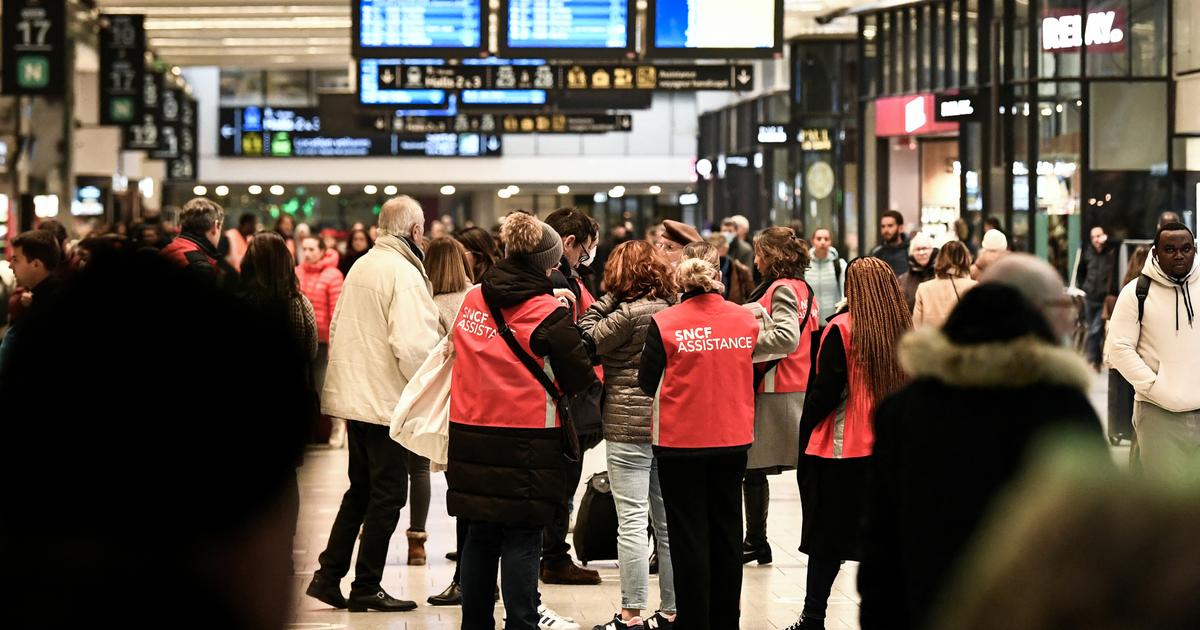Pour boiling water on "weeds", use herds of autonomous robotic mowers, spread geotextile strips along the tracks ... The SNCF deployed heavy artillery to reduce its dependence on pesticides. Guillaume Pépy, the former CEO of the French railway company, was committed to the release of glyphosate in 2021, in accordance with the law.
Easier said than done, when the Minister announced on Friday the ban on synthetic pesticides for non-agricultural uses. With nearly 40 t spread on the rails each year, SNCF is the biggest French user of the famous weedkiller. No wonder, it has 95,000 ha to maintain. Until now, it has mainly operated “weedkiller” trains which spread chemicals once a year on the ballast.
30 million euros per year
For the company, hunting wild grasses is a safety issue: the vegetation retains water and distorts the railway. It can also obstruct the laser beams checking the spacing of the rails or make railroader inspection tours more complex. In addition, the tracks along the tracks must be cleared to allow agents to move quickly and evacuate travelers in the event of a problem.
"We don't have a quick fix but we have several solutions", Thomas Joindot, head of engineering design and maintenance of infrastructure at SNCF Réseau, said in April to the National Assembly. Before adding: “We still have a lot of uncertainty about costs, efficiency, environmental impact and deadlines. "
Among the limits, the public company notes that the use of hot water is risky for electrical installations all around the tracks. SNCF Réseau spends 30 million euros per year to treat tracks and tracks. With the ban on glyphosate in 2021, the bill could, according to his calculations, reach 500 million with the means currently available, 350 million "with degraded standards".
Le Parisien, partner of the consultation "How to act together now for the environment?", Initiated by Make.org, invites you to submit your ideas and vote on those of the other participants in the module below. You will be informed of the results in February 2020.









